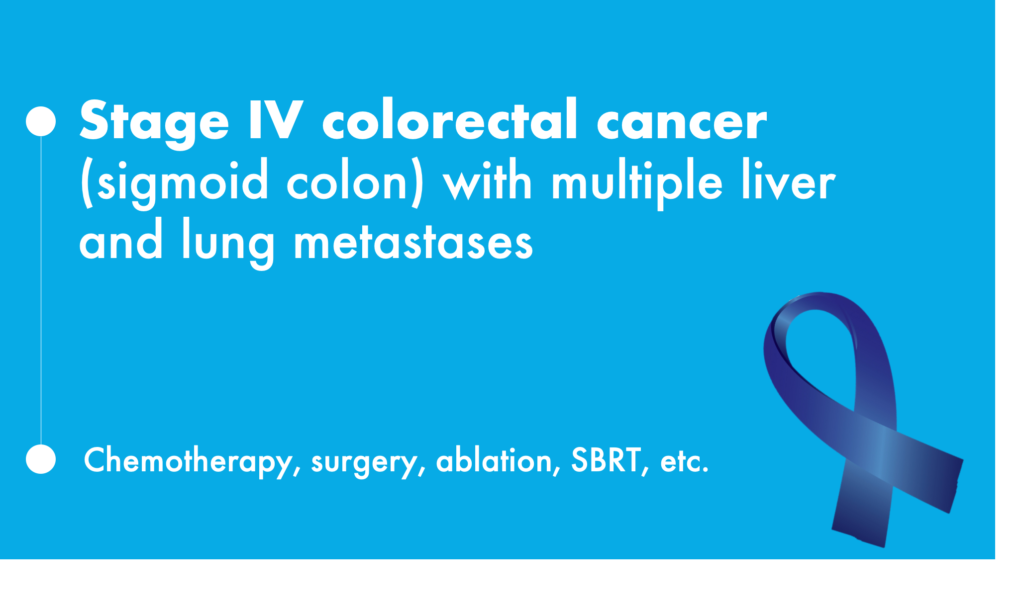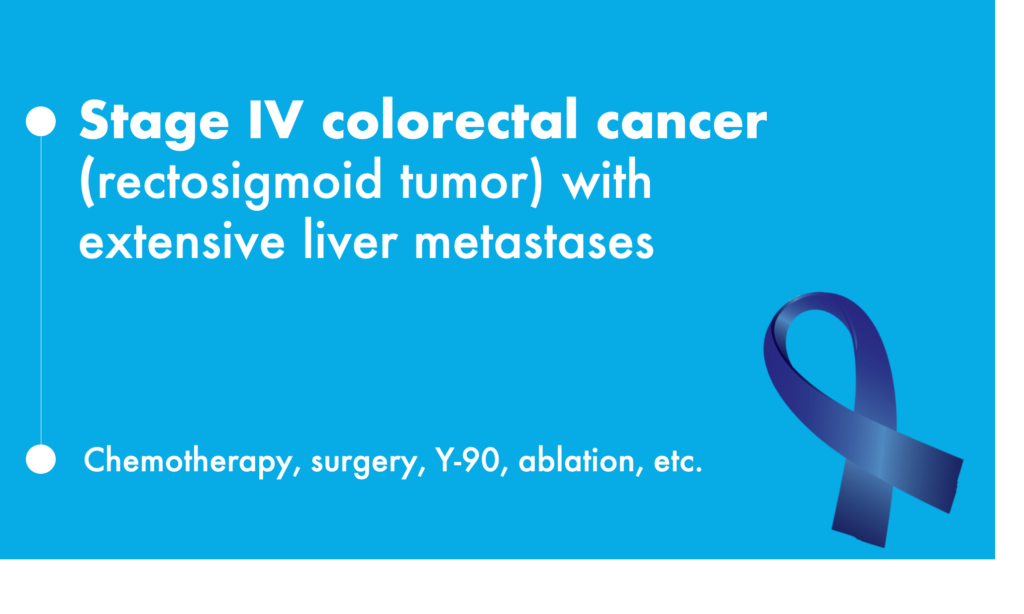Journey of Resilience
Triumph Over Small Cell Lung Cancer: A Patient’s Path to Stability
How Targeted Therapy and Immunotherapy Transformed a Stage IV Cancer Diagnosis
On September 27, 2018, a 68-year-old man was admitted to Shanghai Pulmonary Hospital after experiencing a persistent cough, chest tightness, and asthma for a week. A long-term smoker of 40 years, he underwent a physical examination that revealed an enlarged right neck lymph node. A chest CT scan showed a mass in the left lung, enlarged mediastinal and left hilum lymph nodes, and left pleural effusion. A biopsy of the right neck lymph node confirmed metastatic small cell lung cancer (SCLC). Immunohistochemistry results showed CD56 and chromogranin A (CgA) positivity with weak staining, along with synaptophysin and CK negativity. Further tests ruled out brain metastases.
Diagnosed with stage IV SCLC (T2N2M1), the patient was placed on a treatment regimen combining a PD-L1 inhibitor with platinum-based chemotherapy. He received four cycles of etoposide and carboplatin alongside the PD-L1 inhibitor, administered every three weeks. After just two cycles, imaging showed significant tumor shrinkage. By the end of four cycles, his mediastinal and neck tumors had shrunk considerably, his pleural effusion had resolved, and only one lesion remained in the left lower lobe.
With his condition showing partial remission (PR), the patient transitioned to maintenance therapy with the PD-L1 inhibitor every three weeks. His symptoms—cough, chest tightness, and asthma—disappeared, and his quality of life improved significantly. Follow-up CT scans confirmed that the pulmonary lesions remained stable, and moderate side effects were managed effectively.
Diagnosis
Stage IV SCLC with metastasis to the right neck lymph node and left pleural effusion, confirmed through imaging and biopsy
Biomarker profile: CD56- and CgA positive
Treatment
Four cycles of etoposide and carboplatin combined with a PD-L1 inhibitor, followed by maintenance immunotherapy
Outcome
Significant tumor shrinkage, resolution of pleural effusion, improved symptoms, and stable disease status with ongoing maintenance therapy
Source: Wu, Y., Liu, Y., Sun, C., Wang, H., Zhao, S., Li, W., … & Zhou, C. (2020). Immunotherapy as a treatment for small cell lung cancer: a case report and brief review. Translational Lung Cancer Research, 9(2), 393.


